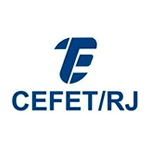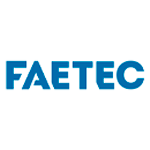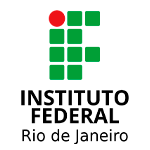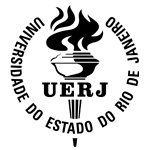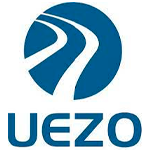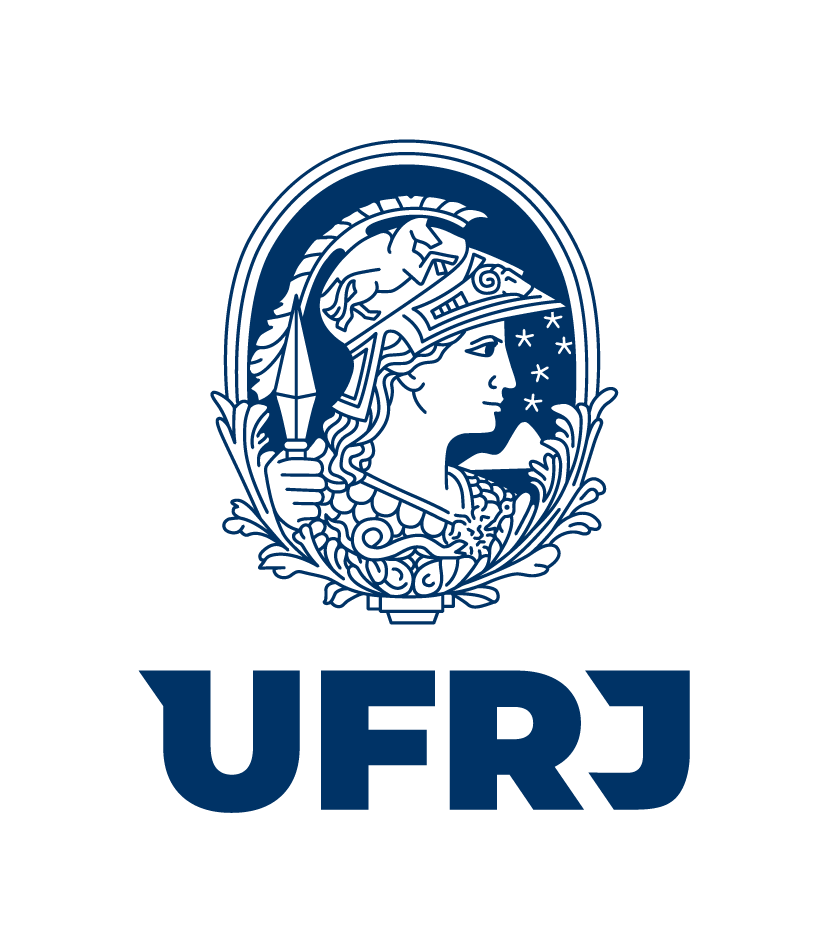Competências Digitais de Alunos do Ensino Superior: uma Revisão Sistemática da Literatura Internacional
DOI:
https://doi.org/10.18264/eadf.v14i1.2116Palavras-chave:
Competências digitais, Ensino superior, Estudantes, Revisão sistemática da literaturaResumo
Este artigo teve como objetivo realizar uma revisão sistemática da literatura (RSL) internacional sobre as competências digitais de alunos do ensino superior. Para tanto, foram elaboradas duas questões norteadoras da pesquisa: 1 - Como se define a competência digital de alunos no contexto do ensino superior? e 2 - Quais são os modelos comumente utilizados para avaliar a competência digital de alunos universitários? Como estratégia metodológica, foi adotada a RSL que corresponde a um processo de construção teórica cujo único objetivo é revisar os documentos obtidos de vários bancos de dados relevantes independentemente do acesso a quaisquer dados primários e constitui uma ferramenta essencial para sintetizar informações e evidências científicas disponíveis, aumentar a validade das conclusões de estudos individuais e identificar agendas futuras de pesquisa. Os achados permitem concluir que a definição de competência digital para os alunos do ensino superior segue um padrão generalista, não considerando as especificidades do contexto educacional em que os estudantes estão inseridos e que o modelo mais utilizado segue sendo o DigComp, uma proposição europeia para avaliar e acompanhar o desenvolvimento da competência digital dos cidadãos europeus de uma maneira geral.
Palavras-chave: Competências digitais. Ensino superior. Estudantes. Revisão sistemática da literatura.
Downloads
Referências
ANDRIUSHCHENKO, T. K. Personal aspects of pedagogue’s innovative culture. Scientific Vector of the Balkans, v. 1, p.13-16, 2018.
ARAÚJO-VILA, N. et al. Digital Competence in Spanish University Education and its use by students. Publications, v.8, n.47, 2020.
BARDIN, L. Análise de Conteúdo. São Paulo: Edições 70, 2016.
BURGOS-VIDELA, C. G. et al. Digital Competence Analysis of University Students Using Latent Classes. Educ. Sci., v.11, n.385, 2021.
CASTELLS, M. A sociedade em rede. 6. ed. São Paulo: Paz e Terra, 1999.
DEPAOLO, C. A.; WILKINSON, K. Get Your Head into the Clouds: Using Word Clouds for Analyzing Qualitative Assessment Data. TechTrends, v.58, n.3, 2014.
DRAGANAC, D.; JOVIĆ, D.; NOVAK, A. Digital Competencies in Selected European Countries among University and High-School Students: Programming is lagging behind. Business Systems Research, v. 13, n.2, p. 135-154, 2022.
EL ASAME, M.; WAKRIM, M. Towards a Competency Model: A Review of the Literature and the Competency Standards. Educ. Inf. Technol. v.23, p.225-236, 2018.
EUROPEAN COMMISSION. The Digital Competence Framework 2.0.2019. Disponível em: https://ec.europa.eu/jrc/en/digcomp/digital-competenceframework - Acesso em: 17/03/2023.
GALLARDO-ECHENIQUE, E. E. et al. Let’s talk about digital learners in the digital era. The International Review of research in open and distributed learning, v.16, n.3, p. 156-187, 2015.
GONÇALVES, A. B.; RICHIT, A. O modelo TPACK no contexto da formação de professores: uma revisão sistemática de literatura. Research, Society and Development, v. 12, n. 3, 2023.
GONZÁLEZ, I. F.; URRÚTIA, G.; ALONSO-COELHO, P. Revisiones sistemáticas y metaanálises: bases conceptuales e interpretación. RevEspCardiol., v.64, p.688-696, 2011.
HATLEVIK, O. A.; CHRISTOPHERSEN, K-A. Digital competence at the beginning of upper secondary school. Computers & Education, v.63, p. 240–247, 2013.
HEIDARI, E. et al. The role of digital informal learning in the relationship between students' digital competence and academic engagement during the COVID-19 pandemic. J Comput Assist Learn. 2021.
HOZ, A. B. et al. Statistical Validation of the “ECODIES” Questionnaire to Measure the Digital Competence of Colombian High School Students in the Subject of Mathematics. Mathematics. v.11, 2023.
INTERNATIONAL SOCIETY FOR TECHNOLOGY IN EDUCATION. 2016. Disponível em: https://www.iste.org - Acesso em: 01/03/2023.
LÓPEZ-MENESES, E. et al. University students' digital competence in three areas of the DigCom 2.1 model: A comparative study at three European universities. Australasian Journal of Educational Technology, v.36, n.3, p. 69–88, 2020.
LUCAS, M.; MOREIRA, A. DigComp 2.1: quadro europeu de competência digital para cidadãos: com oito níveis de proficiência e exemplos de uso. Aveiro: Universidade de Aveiro, 2017.
MARTÍNEZ-SERRANO, M. C.; OCAÑA-MORAL, M. T.; PÉREZ-NAVÍO, E. Digital Resources and Digital Competence: A Cross-Sectional Survey of University Students of the Childhood Education Degree of the University of Jaén. Educ. Sci.v.11, n.452, 2021.
MARTZOUKOU, K. et al. A study of university law students’ self-perceived digital competences. Journal of Librarianship and Information Science, v.54, n.4, 2022.
MISHRA, P.; KOEHLER, M. J. Technological pedagogical content knowledge: A framework for teacher knowledge. Teachers college record, v.108, n.6, 2006.
OKOLI, C.. A Guide to Conducting a Standalone Systematic Literature Review. Communications of the Association for Information Systems, v.37, p.879-910, 2015.
ORDÓÑEZ-OLMEDO, E. et al. Las competências em el uso de las tecnologías de la información y la comunicación en el alumnado universitario. Pixel Bit Rev. Medios Educ. p.153–167, 2021.
PARK, S.; WENG, W. The relationship between ICT-related factors and student academic achievement and the moderating effect of country economic indexes across 39 countries: Using multilevel structural equation modelling. Educational Technology & Society, v.23, n.3, p.1–15, 2020.
PÉREZ-NAVÍO, E.; OCAÑA-MORAL, M. T.; MARTÍNEZ-SERRANO, M. C. University Graduate Students and Digital Competence: Are Future Secondary School Teachers Digitally Competent? Sustainability, v.13, n.8519, 2021.
PERRENOUD, P. Construir las competencias, ¿es darle la espalda a los saberes? Rev. Docencia Univ. v.6, n.2, 2008.
PRENSKY, M. Digital natives, digital immigrants part 1. On the horizon, v.9, n.5, p. 1-6, 2001.
PRENSKY, M. How to teach with technology: Keeping both teachers and students comfortable inan era of exponential change. Emerging technologies for learning, v.2, n.4, p. 40-46, 2007.
SÁNCHEZ-CABALLÉ, A.; GISBERT-CERVERA, M.; ESTEVE-MON, F. The digital competence of university students: a systematic literature review. Revista de Psicologia, Ciències de l’Eduació i de l’Esport, v.38, p.63-74, 2020.
SCHEEL, L.; VLADOVA, G.; ULLRICH, A. The influence of digital competences, self-organization, and independent learning abilities on students’ acceptance of digital learning. Int J Educ Technol High Educ, v.19, n.44, 2022.
SCHERER, R. et al. The importance of attitudes toward technology for pre-service teachers' technological, pedagogical, and content knowledge: Comparing structural equation modelling approaches. Computers in Human Behavior, v.80, p.67-80, 2018.
SCHNECKENBERG, D. eCompetence development measures for faculty in higher education: a comparative international investigation. Tese. Fachbereich Bildungswissenschaften der Universität Duisburg-Essen. Standort Essen, 2007.
SCHNECKENBERG, D. What is e-Competence? Conceptual Framework and Implications for Faculty Engagement. In: EHLERS, U.; SCHNECKENBERG, D. Changing Cultures in Higher Education: Moving Ahead to Future Learning. New York: Springer International, 2010.
SILVA, K. K. A.; BEHAR, P. A. Competências digitais na educação: uma discussão acerca do conceito. Educação em Revista, Belo Horizonte, v.35, 2019.
SHULMAN, L. Knowledge and teaching: foundations of the new reform. Harvard Educational, 1987.
TÓTH, T. et al. Digital Competence of Digital Native Students as Prerequisite for Digital Transformation of Education. iJET, v. 17, n.16, 2022.
TZAFILKOU, K.; PERIFANOU, M.; ECONOMIDES, A. A. Development and validation of students’ digital competence scale (SDiCoS). Int J Educ Technol High Educ, v.19, n.30, 2022.
VAN LAAR, E. et al. The relation between 21st-century skills and digital skills: A systematic literature review. Computers in human behavior, v.72, p.577-588, 2017.
WANG, X. et al. Supporting digitally enhanced learning through measurement in higher education: Development and validation of a university students' digital competence scale. Journal Comput Assist Learn. v.37, p.1063–1076, 2021.
WERTHEIN, J. A sociedade da informação e seus desafios. Ci. Inf., v. 29, n. 2, p. 71-77, maio/ago. 2000.
ZHAO, Y.; LLORENTE, A. M. P.; GÓMEZ, M. C. S. Digital competence in higher education: a systematic literature review. Computers & Education, v.168, 2021.
Downloads
Publicado
Como Citar
Edição
Seção
Licença
Copyright (c) 2024 EaD em Foco

Este trabalho está licenciado sob uma licença Creative Commons Attribution 4.0 International License.
Todos os artigos publicados na Revista EaD em Foco recebem a licença Creative Commons - Atribuição 4.0 Internacional (CC BY 4.0). Todas as publicações subsequentes, completas ou parciais, deverão ser feitas com o reconhecimento, nas citações, da Revista EaD em Foco como a editora original do artigo.


